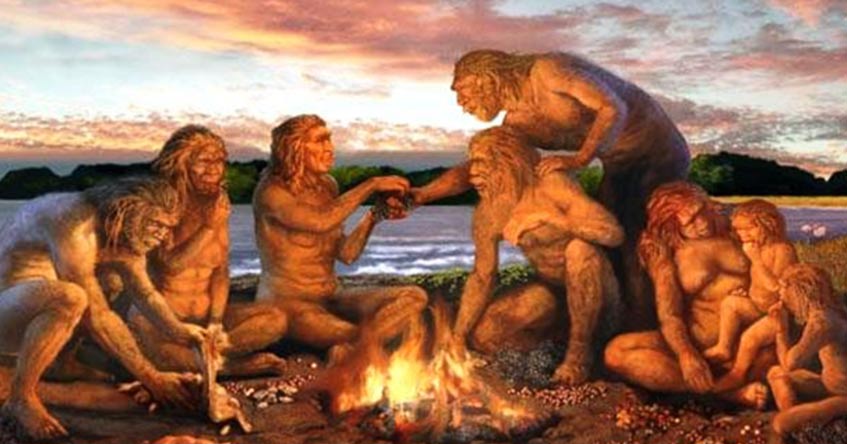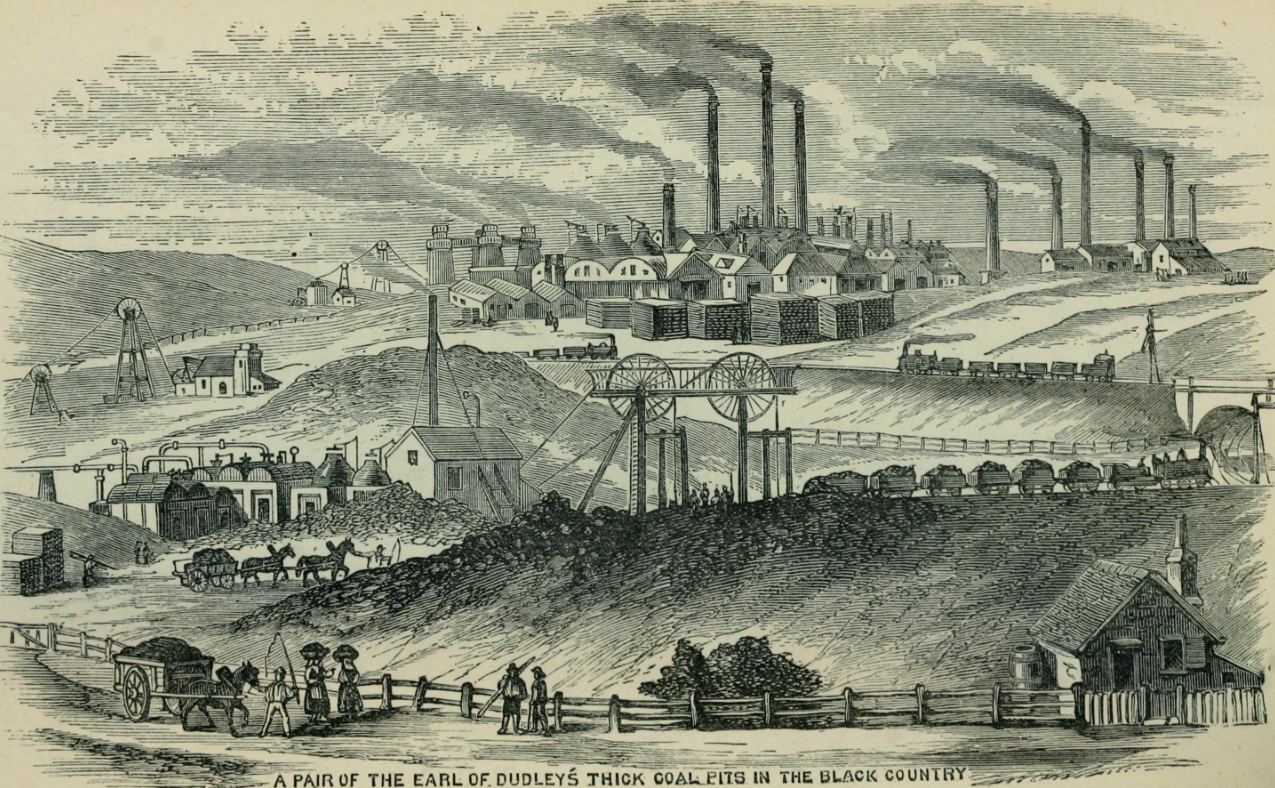Human civilization, as we know it, is a product of millennia of evolution and development. The world we live in today is a far cry from the primitive existence of our early ancestors. Our sophisticated, engineered environment provides luxuries that obscure the harsh realities of survival once faced by humanity. This article delves into the extensive history of human evolution, highlighting the key milestones that have shaped our species and led to the current state of human sophistication.
Origins and Early Human Evolution
Human history traces back to a pivotal moment approximately 6 million years ago when the evolutionary lineage of Homo diverged from that of other apes. This separation marked the beginning of a long journey that would eventually lead to the emergence of Homo sapiens, our species. By around 2.8 million years ago, the first human genus, Homo, began to evolve.
Throughout the majority of human history, our ancestors coexisted with several other human species. By the time Homo sapiens appeared around 200,000 years ago, there were at least six other human species, each with varying degrees of intelligence and capability. This coexistence with our cousins might have been analogous to encountering extraterrestrial beings in terms of its complexity and novelty.

Among these contemporaneous species, Homo erectus was notably successful, surviving for approximately 2 million years—a period ten times longer than modern humans have existed. Despite this success, all other human species eventually vanished, with the last known extinctions occurring around 10,000 years ago. The reasons for their disappearance remain uncertain, though theories suggest competition for resources or conflict with Homo sapiens could have played a role. Genetic evidence indicates some interbreeding between species, but not enough to suggest a complete merger.
Technological and Cognitive Advancements

The development of tools marked an early technological advancement, but it was not until the mastery of fire that significant progress occurred. The control of fire approximately 1 million years ago was transformative; it enabled cooking, which made food more nutritious and easier to digest, fostering brain development. Fire also provided warmth, light, and protection, facilitating survival and extending productive hours.
By 300,000 years ago, humans lived in small hunter-gatherer societies and exhibited complex behaviours such as tool-making, ritualistic burial practices, and proto-language. Despite these advancements, substantial technological and cultural progress remained limited until around 50,000 years ago. This period saw a dramatic increase in innovation and sophistication. The development of more complex tools and weapons, coupled with advanced language capabilities, allowed for closer cooperation and the expansion of knowledge.
The Agricultural Revolution
The advent of agriculture around 12,000 years ago marked a revolutionary shift in human society. Prior to agriculture, survival required a broad set of physical and mental skills, but with the advent of farming, individuals could specialize in diff erent tasks. Agriculture provided a stable food source, leading to the rise of settled communities and the eventual formation of cities, kingdoms, and empires.
This period of agricultural development fostered an environment in which knowledge could be accumulated and built upon. The growth of civilizations led to the establishment of defensive structures, the organization of communities, and the development of more complex social and technological systems.
The Modern Era
The past 500 years have witnessed unprecedented acceleration in human progress. The Scientific Revolution laid the groundwork for modern science, while the Industrial Revolution transformed economies and societies. The subsequent inventions of computers and the internet further revolutionized communication, information dissemination, and knowledge acquisition.

Today, humanity enjoys unprecedented prosperity and capability. We have transformed our planet in profound ways, from altering atmospheric composition to exploring outer space. The technological advancements of recent centuries have enabled us to look deep into the universe’s past and make remarkable strides in various fields.
Conclusion
In conclusion, the journey from our primitive ancestors to modern sophistication is a testament to the remarkable adaptability and ingenuity of the human species. While our current lifestyle represents a minuscule fraction of human history, it is built upon the cumulative achievements of countless generations. As we continue to advance, it remains to be seen whether the foundations of our modern civilization will prove to be as solid as the towering skyscrapers we build. The future holds many uncertainties, but the trajectory of human progress suggests that our capacity for innovation and
adaptation will continue to shape our destiny.
Reference:
Link 1
Link 2
Link 3
Link 4
Link 5
Link 6
Link 7
Link 8




Great work and fine content. Keep doing.. 👍🏼✨